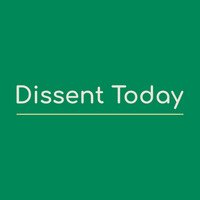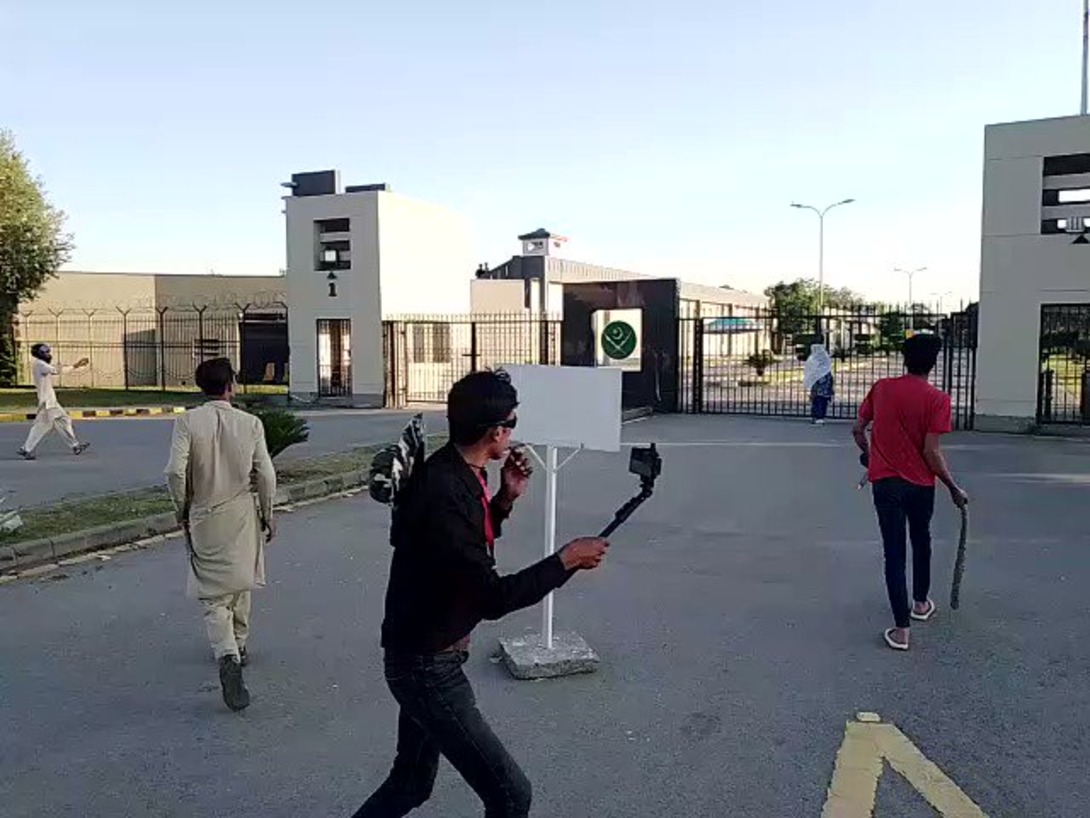The Maintenance of Public Order Ordinance (MPO), under which several top leaders of Pakistan Tehreek-e-Insaf (PTI) are being booked, was promulgated by the martial law administration of General Ayub Khan in 1960s to curb dissent and has been termed by human rights quarters as a draconian piece of legislation.
On Tuesday, Rangers arrested former prime minister Imran Khan from the premises of Islamabad High Court (IHC) on corruption charges, provoking nationwide protests by party leaders and supporters. The protesters damaged a number of civil and military installations, drawing a strong reaction from the government, as well as the military. The authorities have detained a number of top PTI leaders under MPO for “inciting violence”. Meanwhile, the army said it would try civilians under military trials.
Under MPO, the government can issue orders to a police officer or any other person to arrest any individual who is considered “acting in any manner prejudicial to public safety or the maintenance of public order”. And the authorities can use any force they deem necessary to arrest an individual against whom the government’s order has been issued.
The individual can be detained for three months, however, the authorities can extend the detention if there “sufficient cause” for further detention, which a Board can establish and keep the findings to themselves. The detention cannot exceed six months at a time.
The Ordinance also allows the government to prevent an individual “from acting in any manner prejudicial to public safety” by restricting that individual’s movement. Any individual who violated MPO can be prosecuted and convicted.
Moreover, under MPO, any individual who threatens “public safety and order through any form of expression – by speech or by words, whether written or spoken, or by any visible or audible representations” can be punished.
Human rights activists have long considered the MPO a draconian piece of legislation, which provides governments with wide and arbitrary powers of preventive arrest and detention as well as restricting movement, threatening fundamental human rights.


